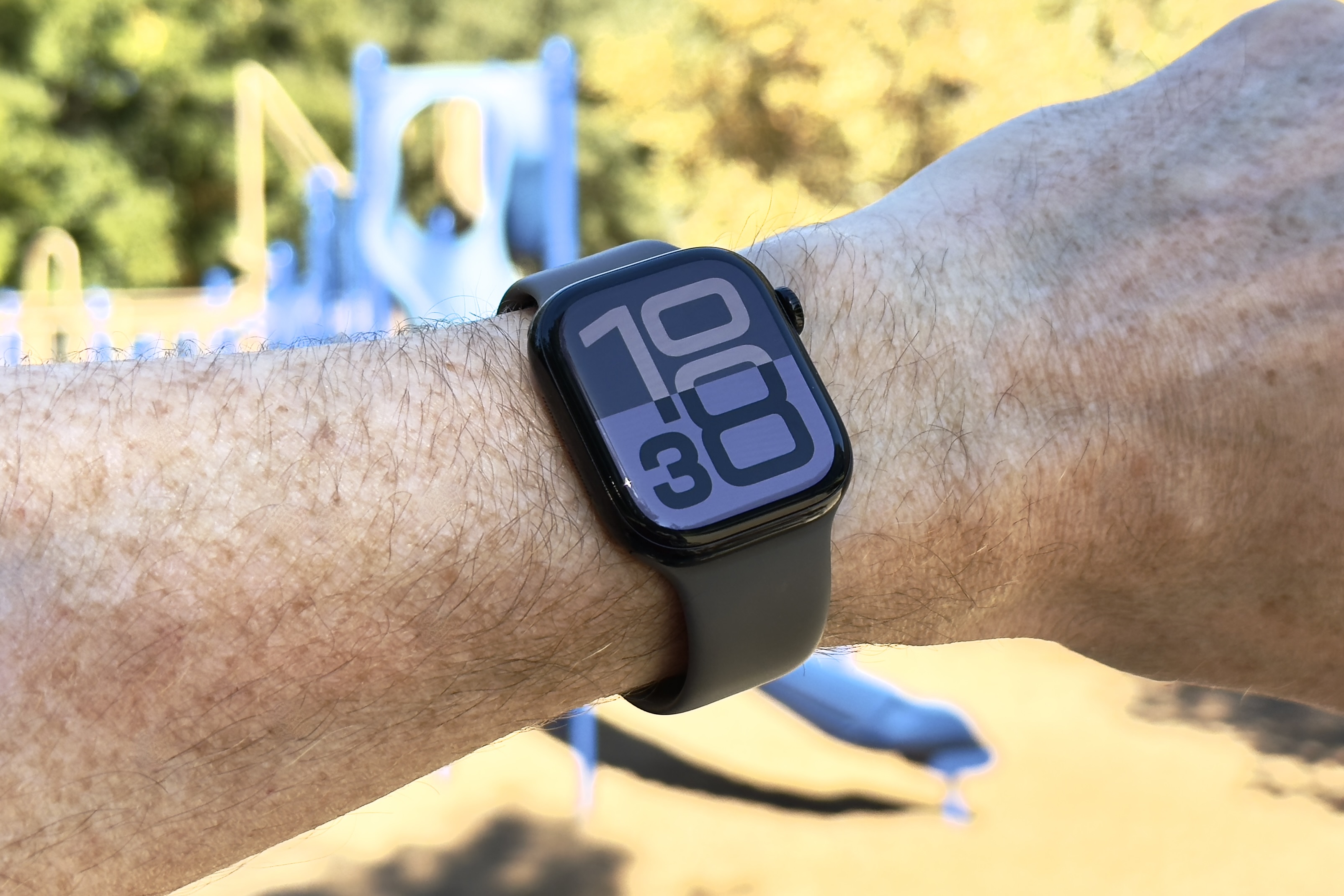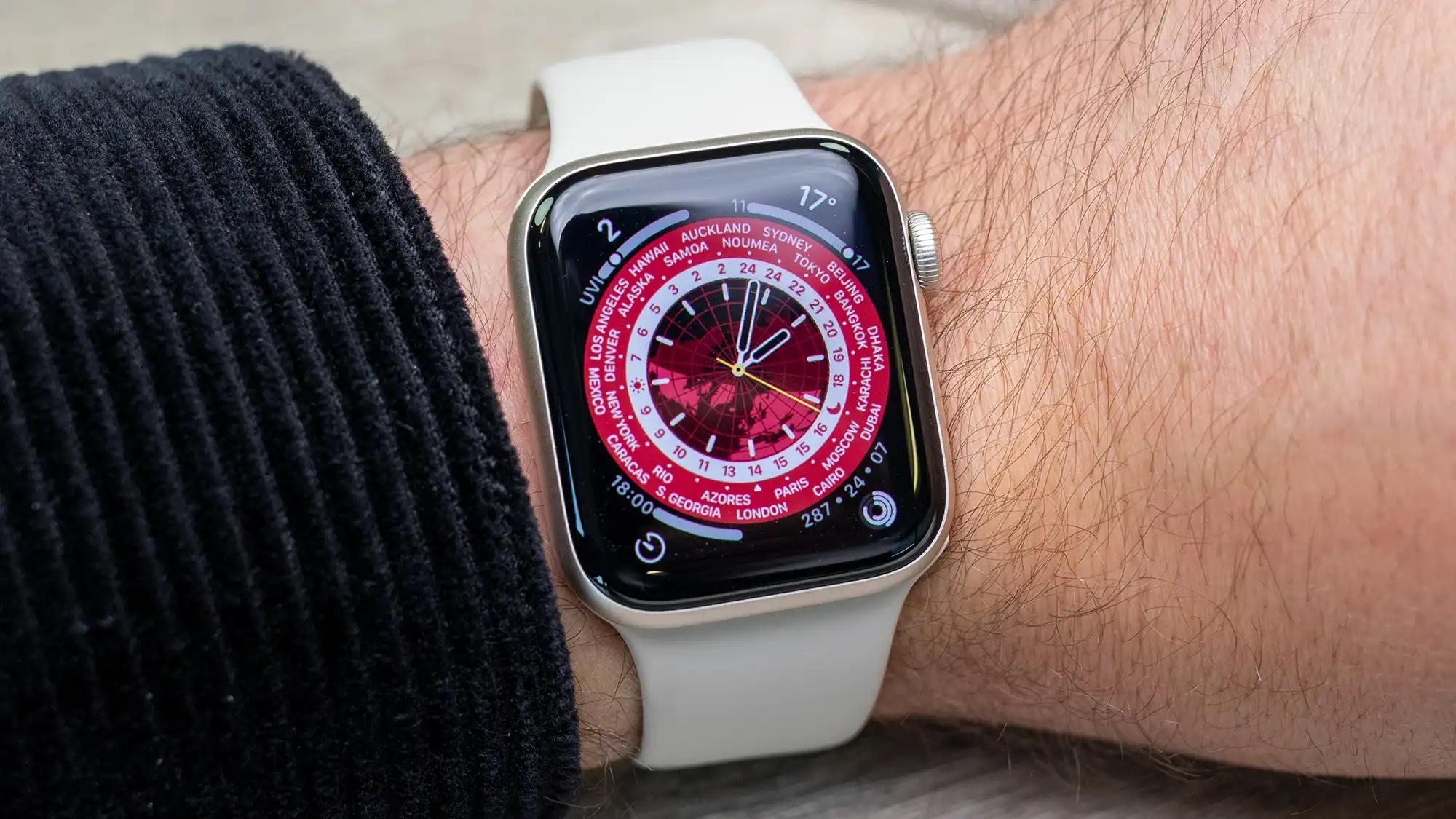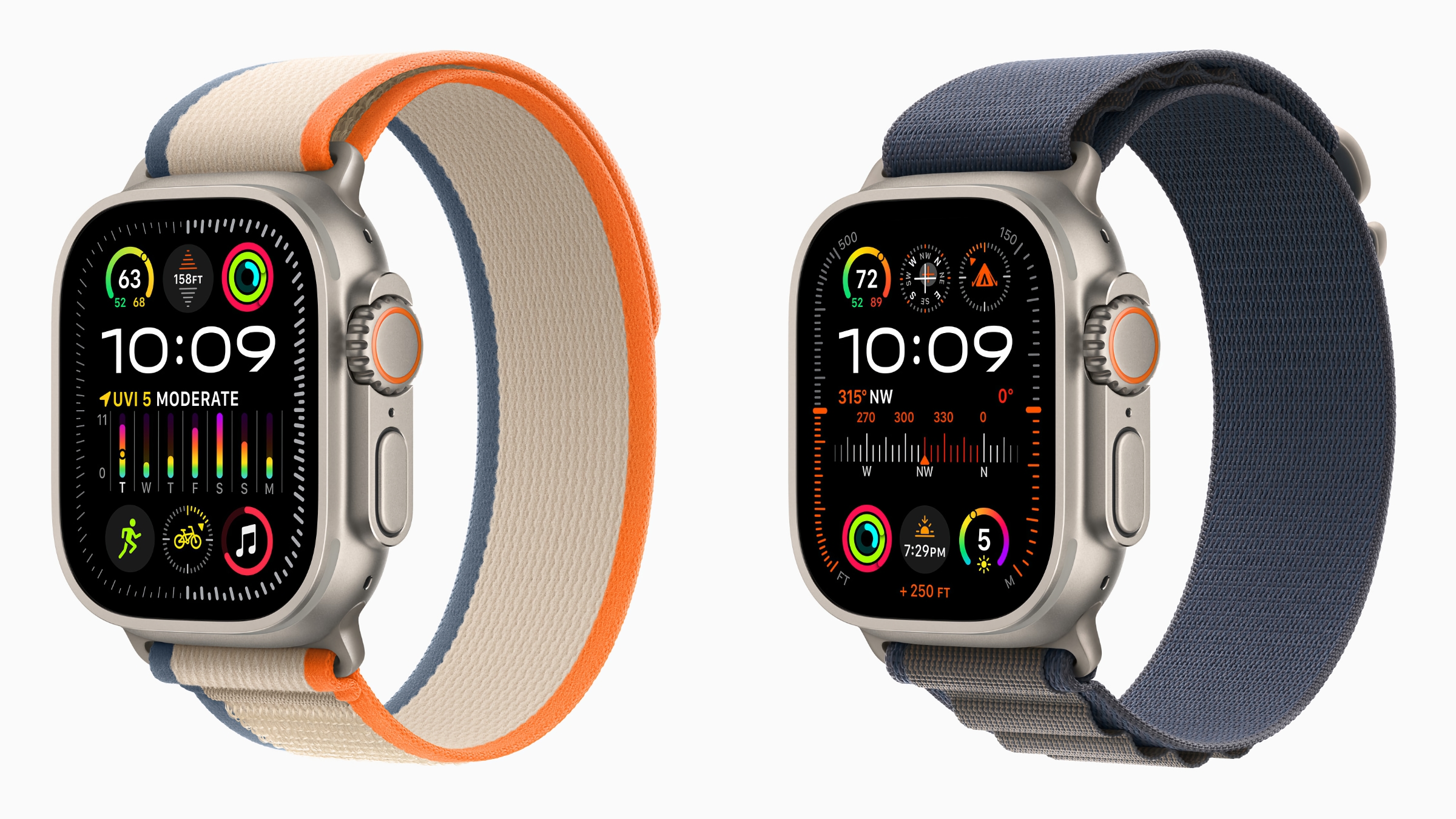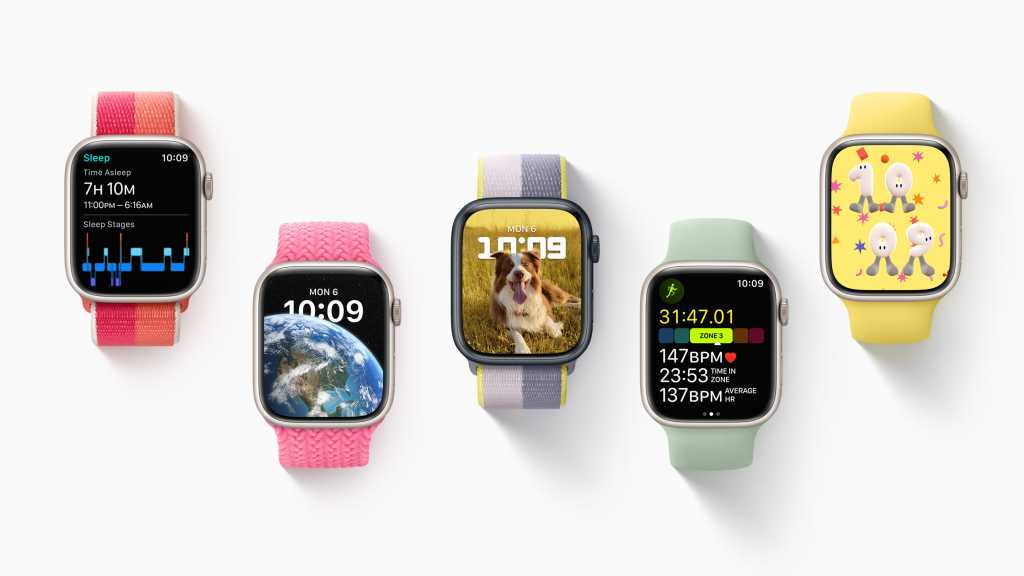The Apple Watch may be advertised as a device for virile young twenty-somethings who are always out running or climbing mountains, but that’s not really the profile of most people who wear them. At least, not at the Macworld offices. But, they are fantastic devices if you want to keep an eye on your health, be sure not to miss notifications on your iPhone and in the case of the elderly they can also be something of a lifesaver. If you’re thinking of whether to get one of your older family members an Apple Watch, then here’s all you need to know.
Do they need an iPhone?
It might seem a basic question, but the Apple Watch isn’t that useful if you give it to someone with an Android phone or even a classic non-smartphone. They only work with iPhones and that’s very likely the way it will stay. So, the most important first question to answer is whether the person in question has an iPhone or not. If they do, great, otherwise we’d recommend looking for one of the alternative smartwatches on our sister-site Tech Advisor’s best smartwatch or best fitness tracker roundups.
That being said, you can set up an Apple Watch on your iPhone and then give it to your elderly relative or friend. The iPhone is required for Apple Watch setup and any subsequent software updates, but beyond that it doesn’t matter. Once the Apple Watch is set up and they are wearing it, you can then use the health monitoring features to ensure they’re safe. Here’s a rundown of all the things an Apple Watch can do without an iPhone. If you do this, you’ll want to ensure the Apple Watch isn’t blasting your relative with all the notifications from your iPhone.
For more information about the current range of Apple Watches read our guide to the Best Apple Watch. We can also help you save money, read: The best Apple Watch deals this month.
Why is an Apple Watch good for older people?
Aside from the useful ability of not having to keep getting your iPhone out of a bag or pocket when messages come in, an Apple Watch can also be very useful in terms of monitoring the current health of an older person. Some models come with an ECG sensor, which can detect a specific kind of heart problem or variances that might suggest conditions such as atrial fibrillation. Some have SpO2 sensors to measure blood oxygen levels, again this can warn if the wearer is getting into difficulties, potentially due to respiratory problems. There’s also a fall detection feature that can sense when someone takes a tumble and might not be ok–it can even alert the emergency services. You can input important medical information so that it can be displayed on the Watch if required. And if they do need to call the emergency services they can do so from an Apple Watch it is easy to do so (if it has cellular connectivity or a nearby iPhone to route via).
You can also set up the Find My to show you someone’s current location and can be very helpful if the person in question suffers from memory issues and may wander off.
We should note that, in the United States, Apple is currently in the middle of a patent dispute with a company named Masimo over its implementation of the blood oxygen sensor. All new Apple Watches sold in the U.S., regardless of model, have this functionality disabled. The hardware is still there, and Apple will probably be able to re-enable the feature when the patent dispute is resolved.
Aside from these more serious use cases, there’s also the simple truth that as hearing starts to diminish, having a notification come up on your wrist can mean you don’t miss important calls or messages.
Which is the best Apple Watch for seniors in 2025?
As with most tech purchases, this depends on what you want and the budget you have available. We’d say that unless your family member or friend is the outward-bound type that’s likely to go canoeing through ravines, the Apple Watch Ultra will be overkill. It’s large, heavy and costs a small fortune. So, here’s our pick of the current crop:
1. Apple Watch Series 10

The latest Apple Watch has the best blend of new features and a significantly larger display than earlier models. That makes text a little easier to read, which is good for old eyes. There’s a 42mm or 46mm model, so if you don’t mind a bulkier watch, you can always choose the bigger screen if you think that will benefit you.
It has all the safety features you’d want, including fall detection (but all Apple Watches offer this feature). You’ll also benefit from health features including the ability to take an ECG, monitor your heart rate and notify you if that is irregular, the ability to check your whether the oxygen levels in your blood are ok, plus it will notify you of sleep apnoea and monitor your temperature while you sleep. These features are shared with the Apple Watch Ultra (and were also available on the Apple Watch Series 9), but some are lacking from the Apple Watch SE.
The improved sound quality from the speaker makes it easy to take calls right in your wrist. It’s brighter and offers up to 2,000 nits, which means it will be easier to read when you are outside in bright sunshine.
The double tap gesture, where you can answer calls and perform other functions just by tapping your thumb and finger together, makes it easier to use the watch without tapping directly on the screen.
Battery life is the same as ever, which means you’ll need to charge it every day. But with a good power adapter, the charging speed is faster than ever before, which means you’ll only need to leave it on the charger for 30-45 minutes a day.
2. Apple Watch SE (2nd-generation)

While the Apple Watch SE might not boast as many sensors as its bigger brother, there’s still plenty to love about this less expensive model. You still get the heart monitoring feature, albeit with the second-generation optical sensor. Unfortunately, there is no ECG feature to warn against irregular heart rhythms and there is no blood oxygen monitoring. But there is Fall Detection and Crash Detection onboard, plus the SE is waterproof up to 50 meters, just like the Series 10.
The display is smaller than the Series 10, which could be an issue if the intended recipient has poor eyesight, but the 41mm and 44mm models still have clear and bright panels that do a great job of relaying information.
GPS is standard and you can add cellular capabilities to increase what the Watch can do without an iPhone (the Series 10 has this option too). The chip is the S8, the same as the Apple Watch Series 8.
For many of the features older users would require, such as fall detection and emergency SOS, the Apple Watch SE is a very good option, especially as it costs quite a lot less than the Series 10.
3. Apple Watch Ultra 2

Though it is the most expensive option at $799, the bulky Apple Watch Ultra 2 is not necessarily a bad idea for the elderly, especially if they don’t mind wearing a larger watch.
The screen is larger and easier to read, the buttons are more prominent, and the additional Action button may help get things done without fiddling with a tiny display. All Apple Watch Ultra models include cellular hardware (cellular service always costs extra), too.
It’s extra-rugged and durable, which may be just the thing for someone who is more accident-prone. It has all the functions of the Apple Watch Series 10, and even more accurate GPS tracking.
Best of all, it’s got much longer battery life—you may only need to charge it every two or three days.
Wondering if you need cellular? Read: The pros and cons of a cellular Apple Watch.





